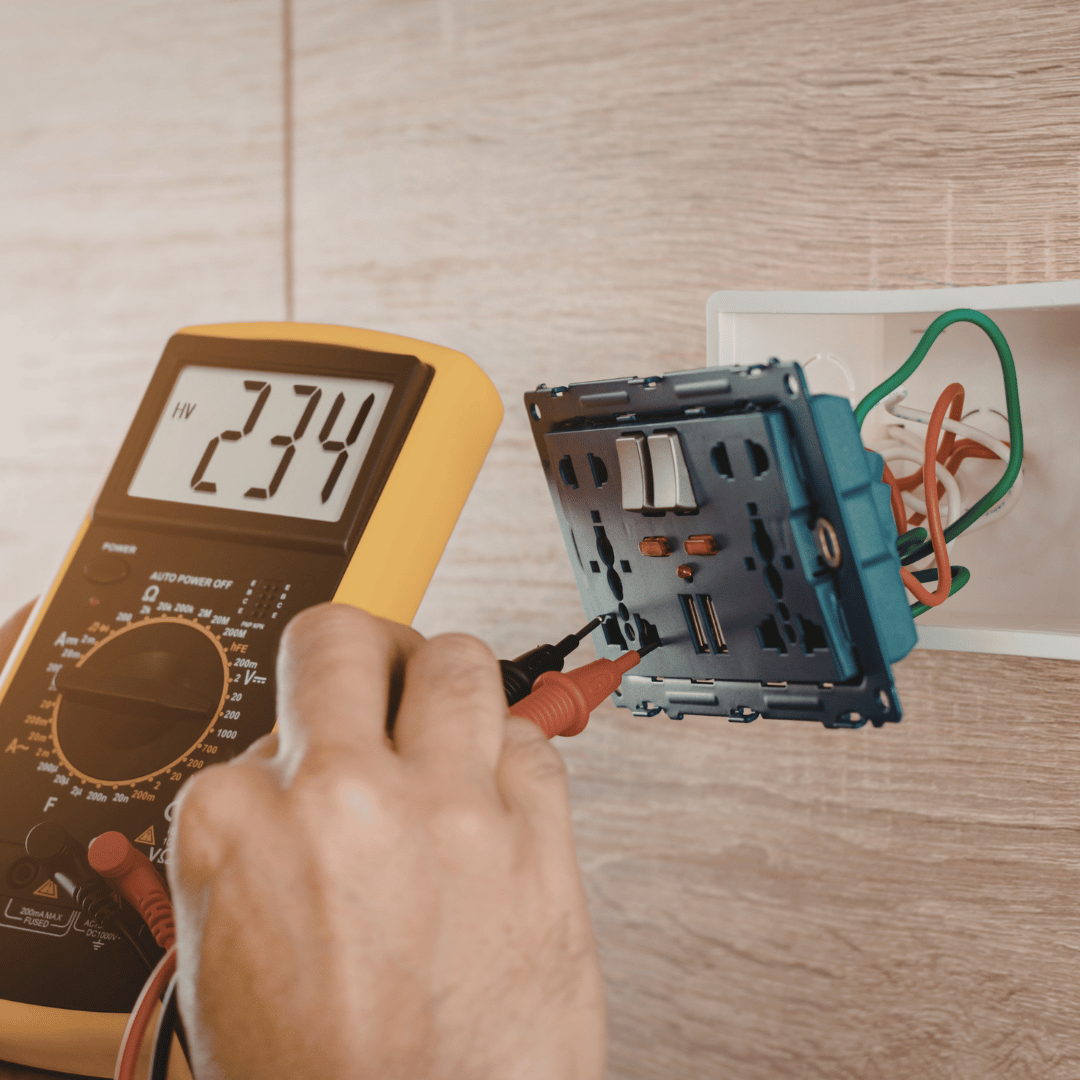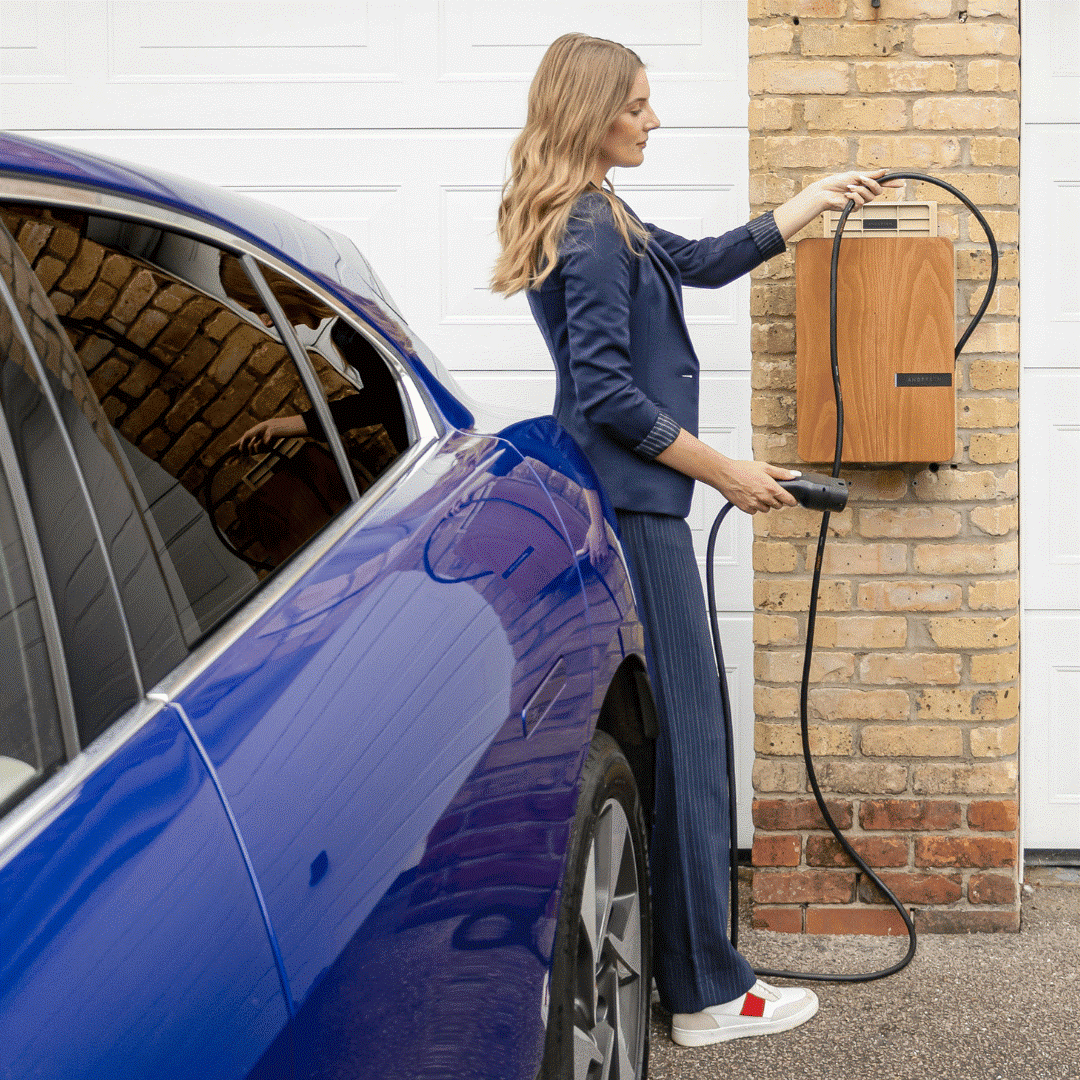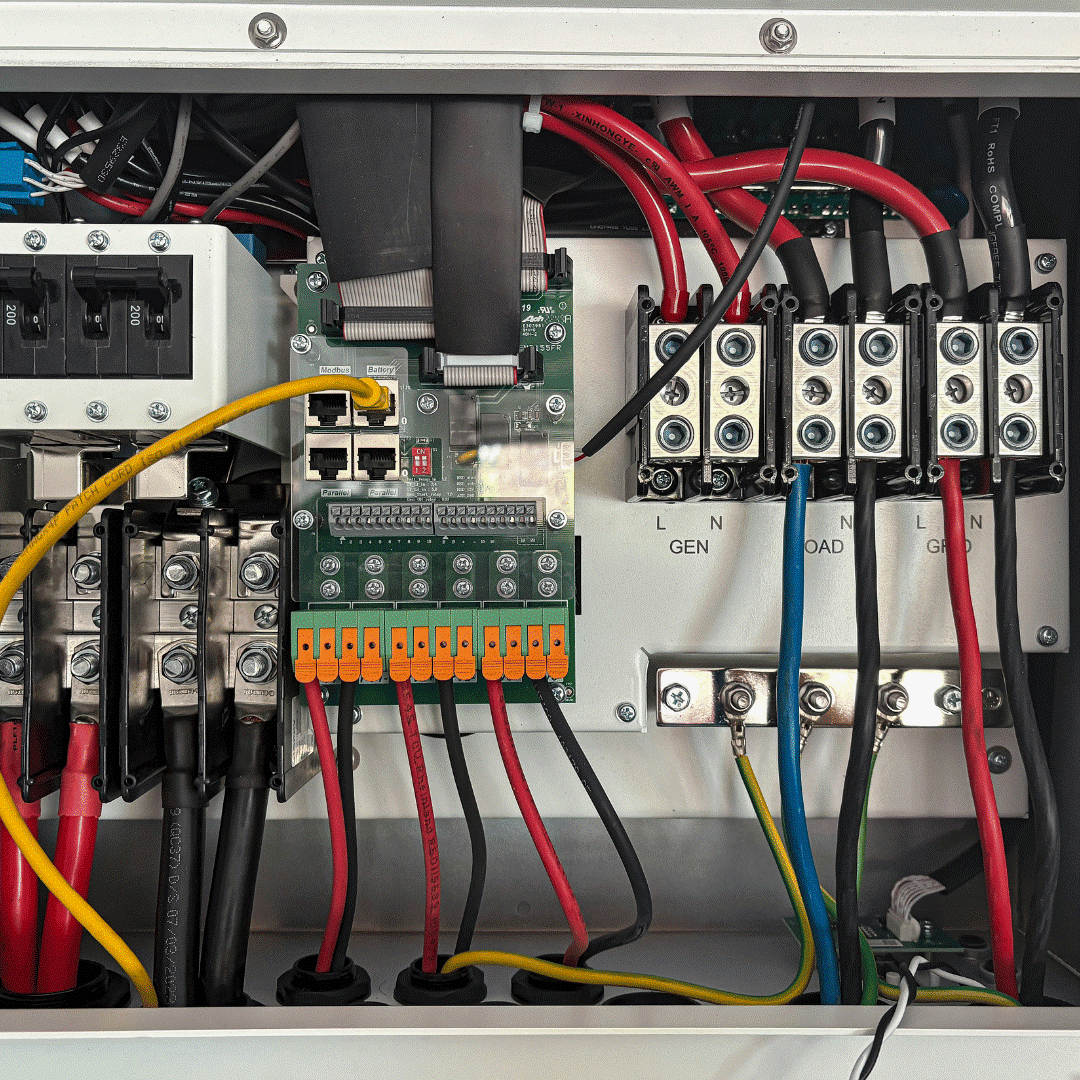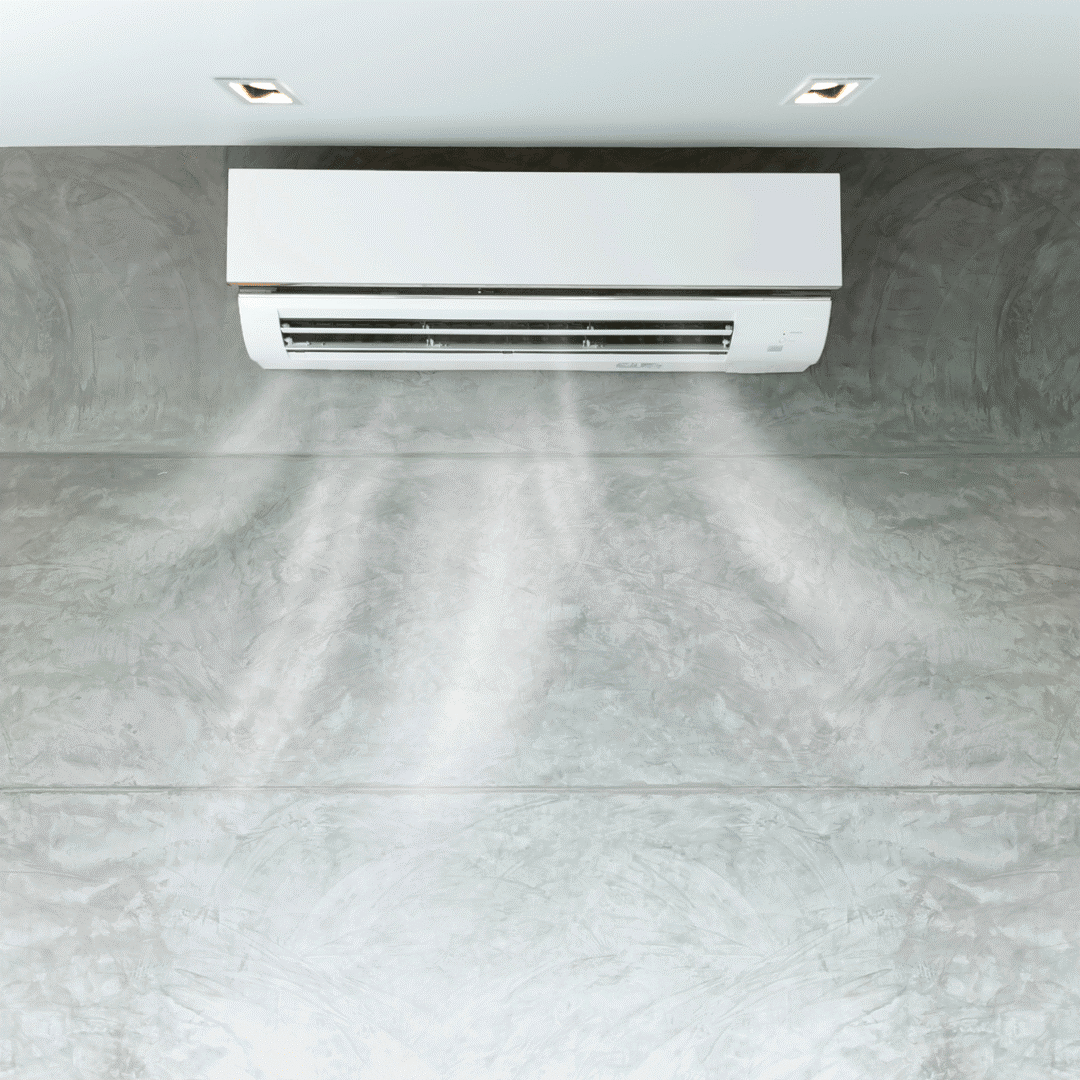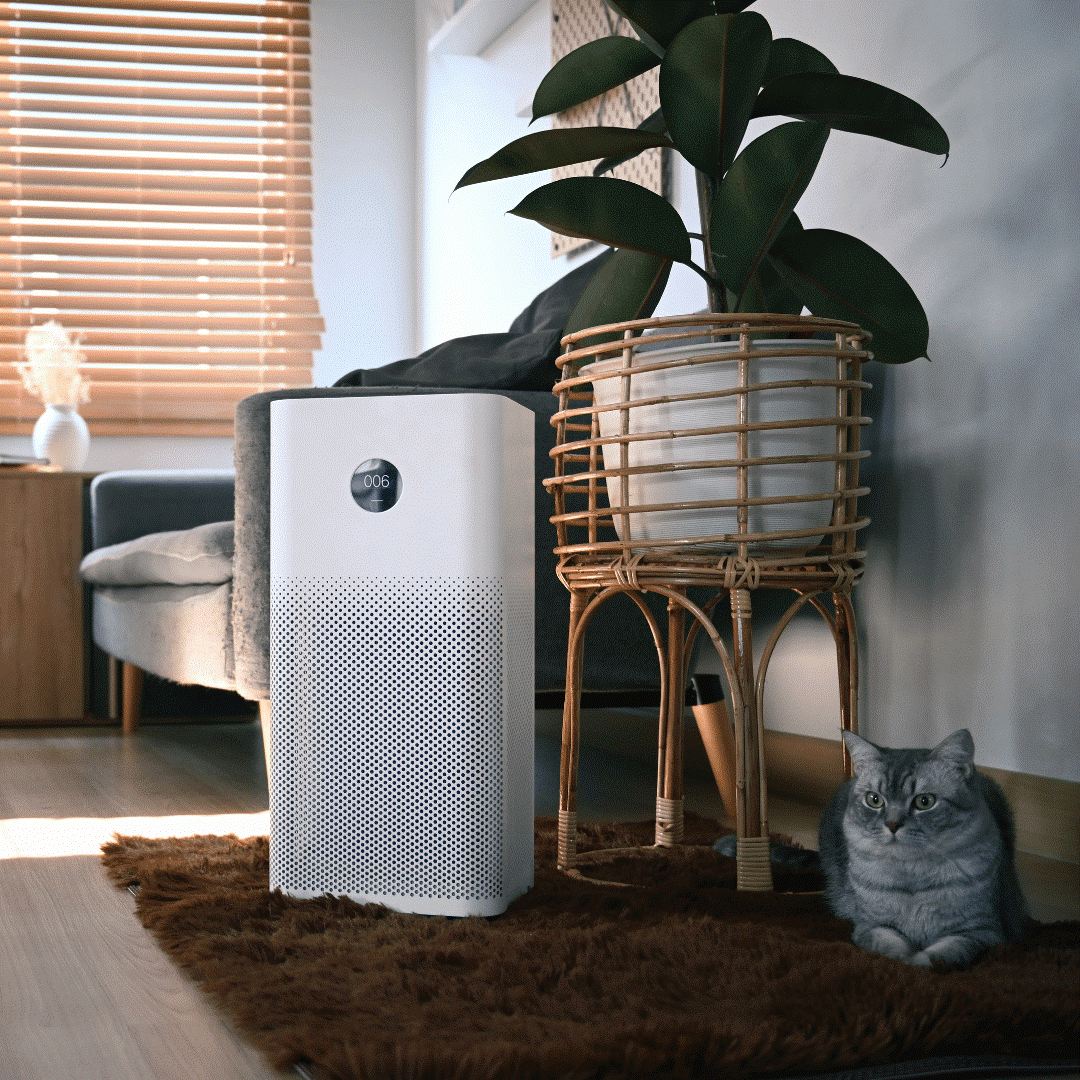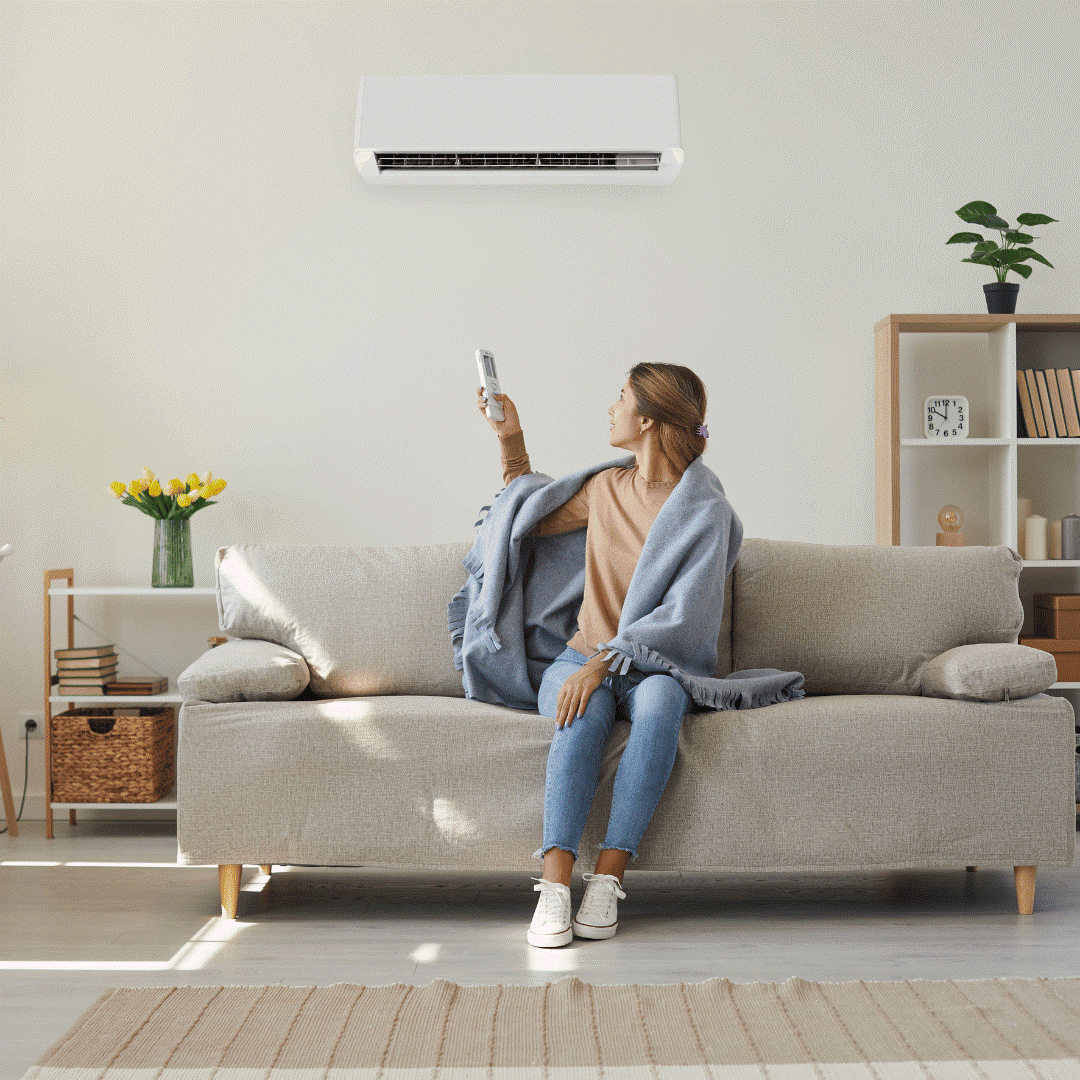HVAC Repair or Replacement? Making the Right Choice for Your Home
1. Repair Costs vs. Long-Term Investment
When an HVAC unit malfunctions, the first instinct is often to opt for a repair, as it usually costs less upfront than installing a new system. However, if your system requires frequent service, those repair costs can quickly add up, making replacement the smarter financial choice.
General Rule: If the cost of repair is more than 50% of the price of a new system, it’s usually better to invest in a replacement.
When Repair Makes Sense:
- The unit is less than 10 years old.
- The repair is minor and cost-effective.
- The system has been regularly maintained and performs efficiently.
When Replacement Is the Better Option:
- The HVAC system is over 10–15 years old.
- It requires frequent or expensive repairs.
- Energy bills have increased due to declining efficiency.
2. Age of the HVAC System
The average lifespan of an HVAC system is 10 to 15 years. As systems age, they experience more wear and tear, leading to breakdowns, inefficiency, and reduced performance.
Older units may still function but often struggle to maintain consistent temperatures, resulting in uneven heating or cooling. Additionally, newer models are designed with improved technology, making them more energy-efficient and environmentally friendly.
If your system is approaching the end of its lifespan and repairs are becoming more frequent, replacing it could save you money and improve comfort.
3. Energy Efficiency and Utility Costs
One of the biggest advantages of replacing an old HVAC unit is improved energy efficiency. Newer systems are designed to use less energy while providing better temperature control, ultimately reducing monthly utility bills.
Upgrading to an ENERGY STAR® certified system can lower energy costs by 20–30% compared to older models.
Signs Your HVAC System Is Inefficient:
- Rising energy bills despite normal usage.
- The system runs longer to reach the desired temperature.
- Poor indoor air quality due to an outdated filtration system.
An energy-efficient upgrade may have a higher upfront cost, but long-term savings on energy bills and repair expenses make it a worthwhile investment.
4. Maintenance History and System Performance
Regular maintenance extends the lifespan of an HVAC system by preventing minor issues from turning into major problems. If your unit has received consistent professional servicing, repairs may be a viable option.
However, if the system has been neglected, with dirty filters, worn-out components, or irregular servicing, even minor malfunctions can indicate larger underlying issues. In such cases, a full system replacement may be the better long-term solution.
Well-maintained HVAC systems are less likely to experience unexpected breakdowns and tend to perform more efficiently over time.
5. Environmental and Location-Specific Factors
For homeowners in Wilmington, NC, and coastal areas like Wrightsville Beach, salt air and humidity can accelerate wear on HVAC systems. Components such as coils and condensers may corrode faster, leading to more frequent repairs and reduced efficiency.
If your system is exposed to these conditions, investing in a corrosion-resistant unit or replacing an aging system before it fails can prevent costly emergency repairs.
Making the Right Choice for Your Home
The decision to repair or replace your HVAC system should be based on a combination of cost, efficiency, and long-term benefits. If your unit is outdated, inefficient, or in constant need of repairs, replacing it with a modern, energy-efficient system can provide greater comfort, lower energy bills, and long-term savings.
At Salt Air, Inc., our expert technicians can assess your system, provide transparent recommendations, and help you choose the best solution for your home’s heating and cooling needs.
Schedule a Consultation Today
If you’re unsure whether to repair or replace your HVAC system, contact Salt Air, Inc. for a professional evaluation. We provide expert HVAC services in Wilmington, NC, and surrounding areas, ensuring your home stays comfortable year-round.
Book your appointment now and get the reliable, cost-effective HVAC solution you need.
For a free consultation, please contact Salt Air, Inc. today. (910) 777-3539
HVAC Repair or Replace Form


